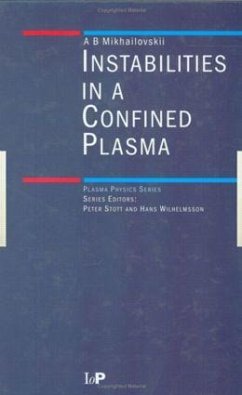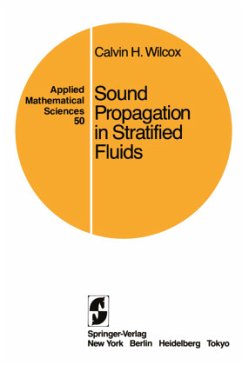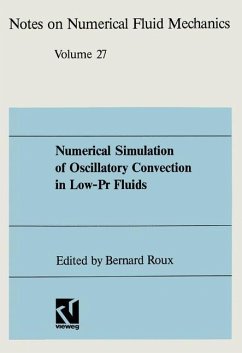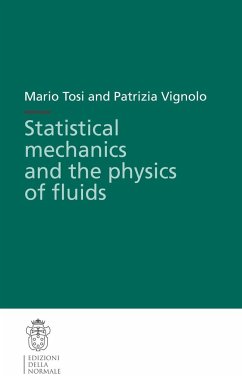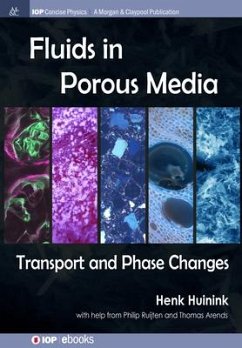
Flows of Herschel-Bulkley fluids in confined environments
Versandkostenfrei!
Versandfertig in 6-10 Tagen
43,99 €
inkl. MwSt.

PAYBACK Punkte
22 °P sammeln!
In 2010, in the Gulf of Mexico, the blowout of the Macondo well was the largest accident in the history of the petroleum industry. It appeared clearly that the cement sheath in the annular gap of the well that is supposed to hinder leakages failed. We use the microfluidic tool to address the question of the mud film left in the annular gap during the cementing process. The cement and the mud will be modelled by microgel suspensions, which turn out to have similar rheological properties.Important dimensionless numbers can be made comparable so that useful information can be extracted from studi...
In 2010, in the Gulf of Mexico, the blowout of the Macondo well was the largest accident in the history of the petroleum industry. It appeared clearly that the cement sheath in the annular gap of the well that is supposed to hinder leakages failed. We use the microfluidic tool to address the question of the mud film left in the annular gap during the cementing process. The cement and the mud will be modelled by microgel suspensions, which turn out to have similar rheological properties.Important dimensionless numbers can be made comparable so that useful information can be extracted from studies performed in microfluidic environments. We perform experiments in which we displace microgel suspensions by another fluid. Various geometries are tested in which the walls chemistry are tuned to allow or prevent slippage. We show that slippage is a crucial parameter of the experiments. Additionally to this approach, we have also performed a study on the flow of Herschel-Bulkley fluids in confined systems. This study revealed a novel effect associated to a characteristic length that has not been reported before. This fundamental study reveals the richness of Herschel-Bulkley flow dynamics.



